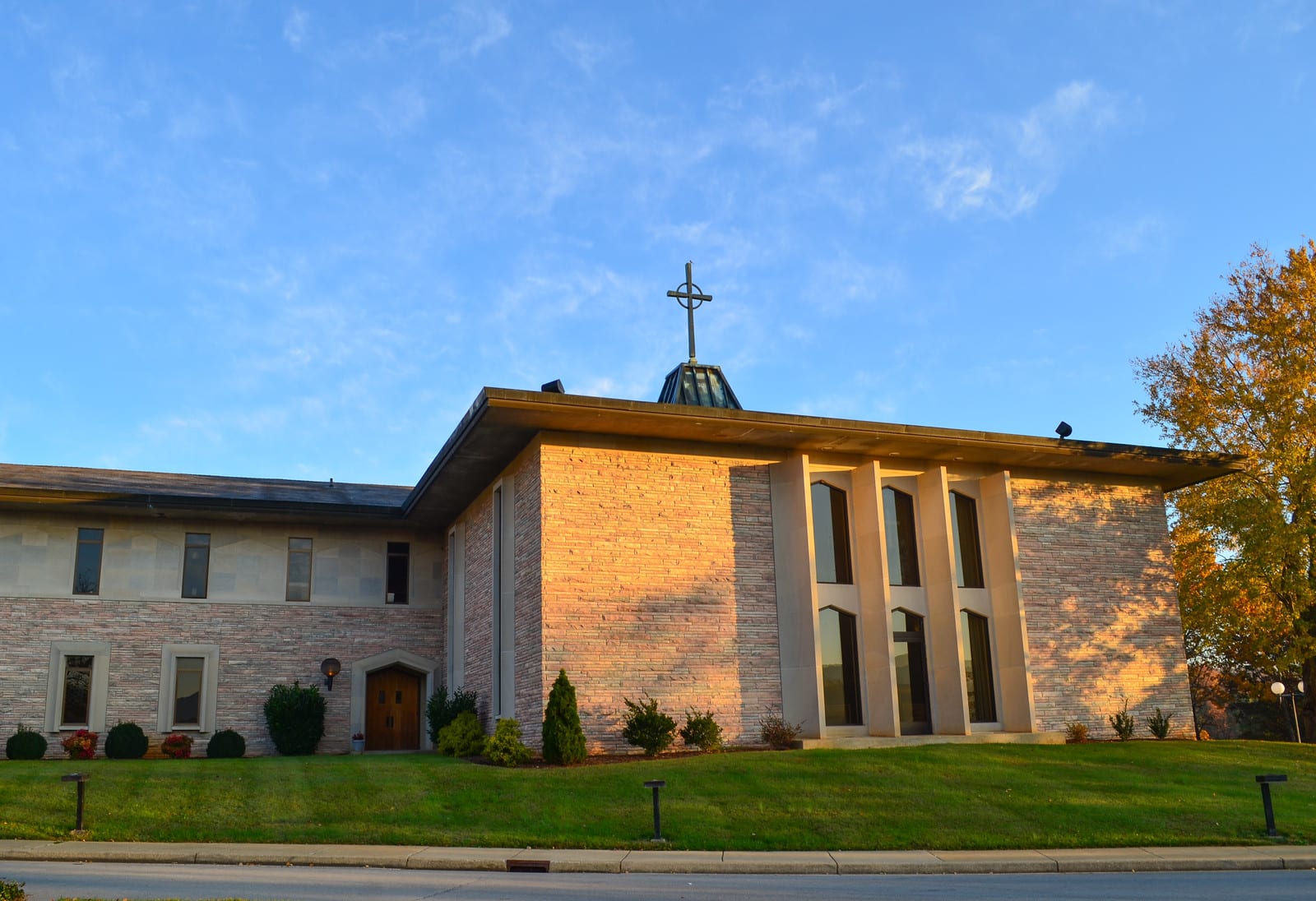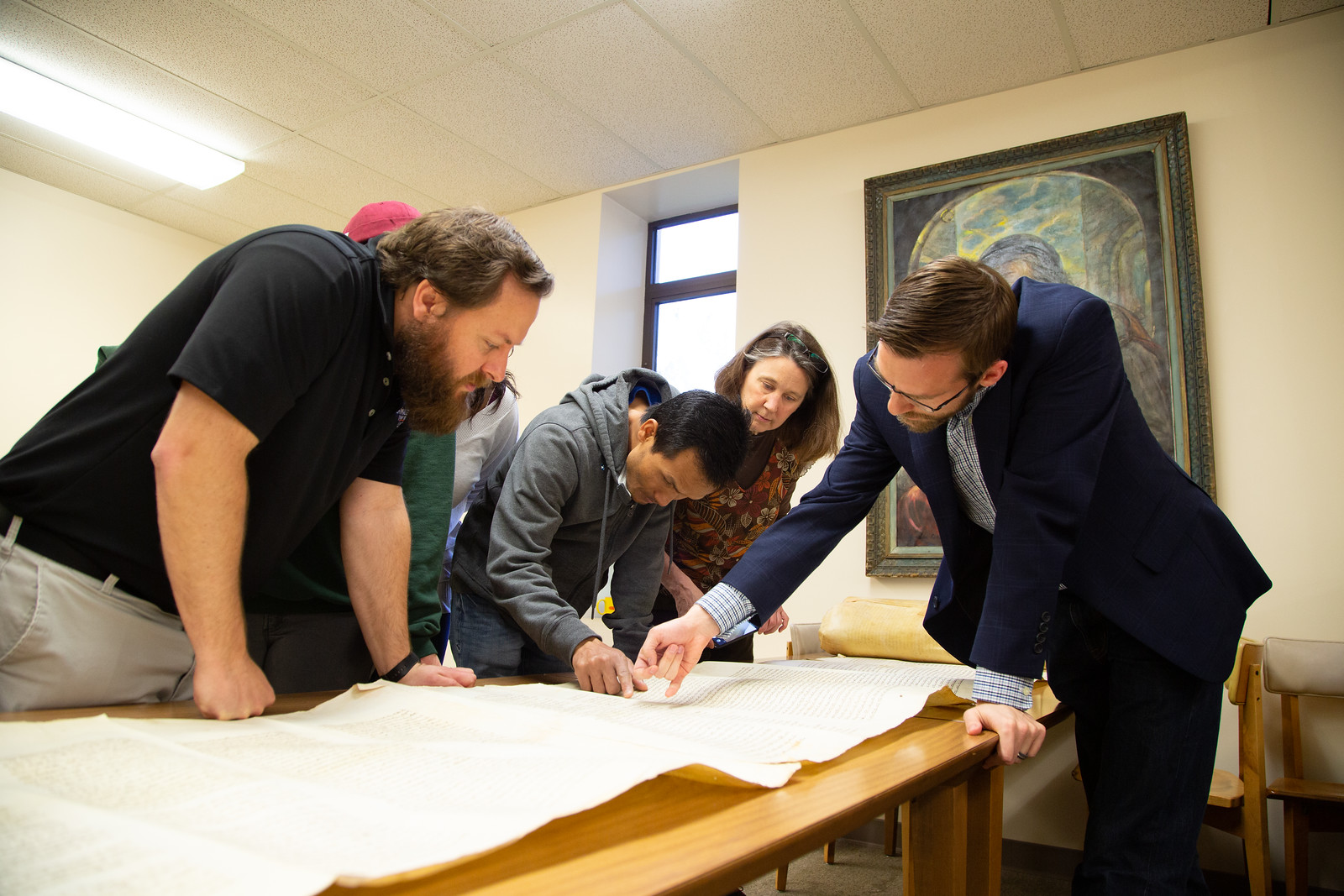Emmanuel’s newly-designed Doctor of Ministry (DMin) offers an integrative approach to critical themes in pastoral ministry: communication, leadership, and pastoral care.
Emmanuel Christian Seminary at Milligan is committed to the world mission of the church. Our goal is to equip the church with leaders ready to serve the Lord in ways which are biblically grounded, historically informed, doctrinally clear, and relevant to the contemporary context.
Newly developed guidelines from the Association of Theological Schools, our accrediting agency, have allowed for greater accessibility for ministers seeking this advanced level of theological education. The program enables ministers to integrate practical experience in ministry with doctoral-level coursework, but in a way that allows for flexibility to accommodate their schedules. As members of a cohort of fellow students, you will enjoy the support of ministers who share your calling.
- Courses are online, and two on-campus, one-week residencies occur each summer.
- Complete the program’s coursework in three years as part of a cohort, with the fourth year designated for your DMin project, or go your own pace.
- Start the DMin at any time. See the course schedule for our next class.
- Anyone with a master’s degree in a ministry-related area that is accredited by the Association of Theological Schools is eligible to apply. Remedial work may be required.

Get ready to change lives
Schedule
Four classes are offered each year. The spring and fall courses will be offered online. The other two courses will be offered as hybrid courses over the summer. The hybrid courses will be taught in back-to-back weeks each year to reduce travel expenses and will include an academic-area course and a ministry-area course.
Coursework
The DMin program consists of 36 credit hours: 15 in the Classical Core, 15 in the Ministry Core, and 6 for the Final Project. The difference between the Classical and Ministry courses is in their content and approach, not their purpose. All courses are focused on the understanding and practice of ministry. You will choose classes from the four courses offered each year.
Five, 3-credit hour courses are required in Christian Theology, Church History, New Testament, and Old Testament—one course in each area and another in the area of the student’s choice.
Five, 3 credit hour courses are required in the area of Christian Ministries. One of those must be the Christian Ministry and Formation Seminar. An additional 1 credit hour course, Reading Course in Social Science Methodologies, is required. No more than three courses may be taken in any one field of ministry. The Christian Ministry fields include: church administration, church growth, counseling, clinical pastoral education, leadership development, preaching, teaching, worship, world mission, and evangelism.
Five credit hours are awarded for the written project. The project consists of the design, accomplishment, and evaluation of a ministerial program. Care must be taken to show how the project is informed by biblical, theological, and historical considerations. It should contribute to the understanding and practice of ministry in a broader context than that in which it was produced.
Requirements
View all details and course requirements for this program in the Milligan University Catalog. The Milligan University academic catalog is the official, authoritative source for all academic requirements and policies. Any discrepancies in curricular requirements from other sources will default to the Catalog.
View all details and course requirements for this program in the Milligan University Catalog. The Milligan University academic catalog is the official, authoritative source for all academic requirements and policies. Any discrepancies in curricular requirements from other sources will default to the Catalog.
In previous years, an MDiv was required by the Association of Theological Schools (ATS) to obtain a DMin degree, but that is no longer the case. Anyone with a master’s degree in a ministry-related area that is accredited by ATS is eligible to apply. Remedial work may be required and is determined by the Dean of the Seminary on a case-by-case basis.


